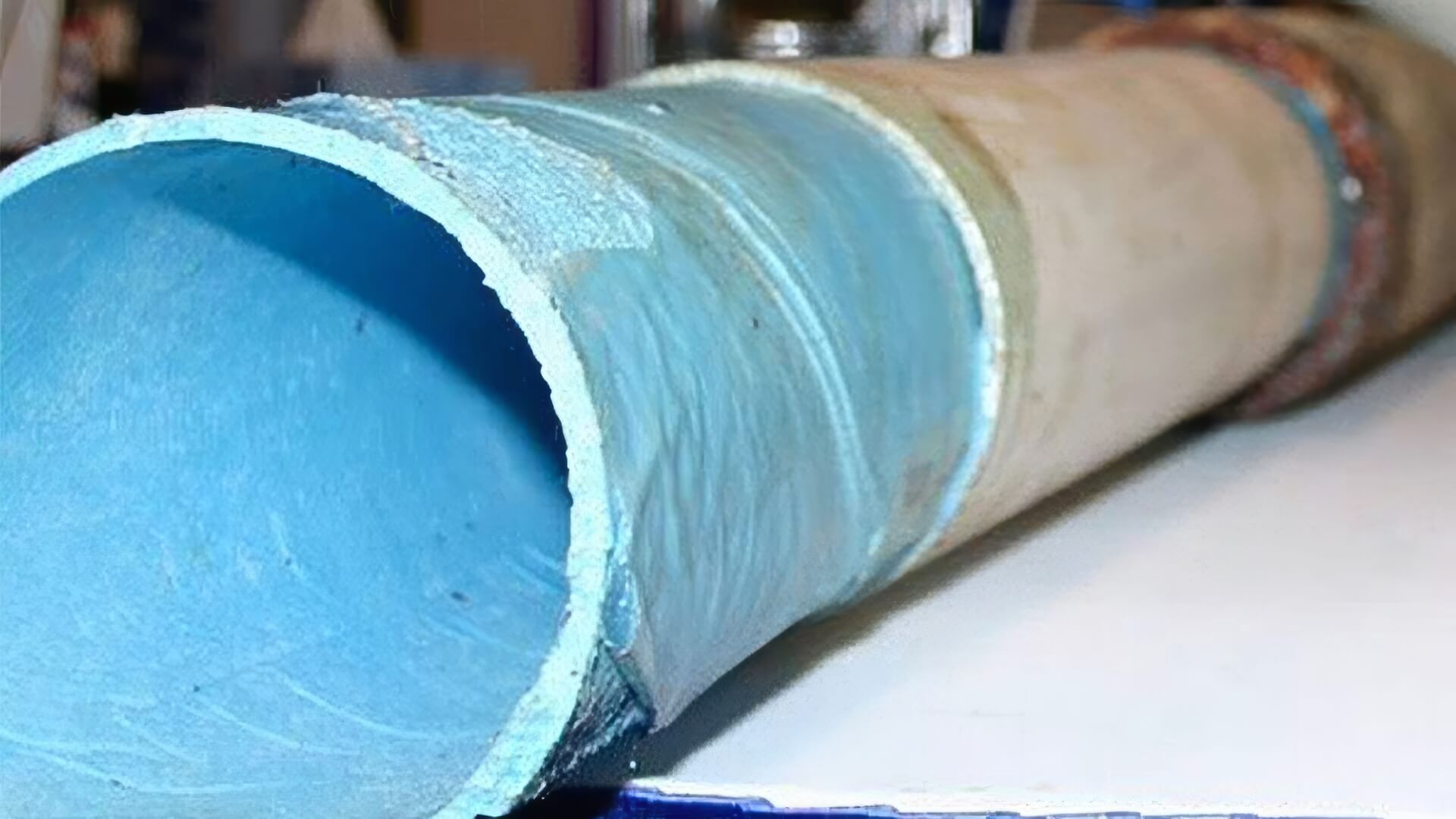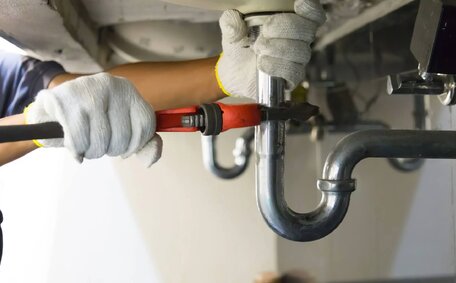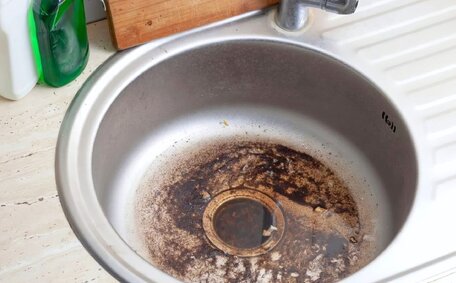Introduction to Natural Gas
Natural gas is a popular energy source used in many Australian homes and businesses. Composed primarily of methane, it can be used for heating, cooking, and generating electricity. Natural gas is accessed via an extensive network of underground pipelines that distribute gas extracted from coal seams and reservoirs.
Compared to other fossil fuels like coal and oil, burning natural gas releases fewer harmful air pollutants and carbon emissions. This makes it an appealing option to reduce the environmental impact of meeting energy needs. Natural gas can also be sourced domestically, enhancing energy security and independence.
However, while natural gas has some advantages, it also carries safety and health risks. Weighing the pros and cons of natural gas is important for households and businesses considering relying on it.
Careful maintenance and monitoring of gas appliances and supply lines is essential to prevent dangerous leaks that can lead to explosions and exposure to toxic fumes.
Composition and Properties of Natural Gas
Natural gas is composed primarily of methane, a colourless and odourless gas. Methane makes up 70-90% of natural gas. When burned, methane produces carbon dioxide and water vapour.
Since methane is colourless and odourless, odorants called mercaptans are added to give natural gas its distinctive rotten egg smell. This allows gas leaks to be more easily detected.
Natural gas also contains other hydrocarbons like ethane, propane, and butane. Heavier hydrocarbons like pentane and hexane may also be present in smaller amounts.
Compared to other fossil fuels, natural gas burns cleaner by producing 43% less carbon dioxide when combusted. It also emits lower levels of nitrogen oxides, sulphur dioxide, and particulate matter pollution.
Natural gas is lighter than air. If released, it will dissipate into the atmosphere more quickly than heavier vapours. But methane is also a potent greenhouse gas, trapping more heat in the atmosphere per molecule than carbon dioxide.
Uses and Benefits of Natural Gas
Natural gas has a variety of uses and benefits in homes and businesses.
In households, natural gas is commonly used for:
- Heating systems like gas furnaces, boilers, and water heaters
- Cooking on gas stoves and ovens
- Running gas clothes dryers
- Operating gas fireplaces
Compared to heating oil or electricity, natural gas can lower energy bills for heating and hot water. Modern gas appliances also burn cleaner than older models.
For businesses, natural gas can provide:
- Heat for industrial processes and commercial kitchens
- Fuel for gas turbines to generate electricity
- Energy for manufacturing facilities
Natural gas offers several advantages as an energy source:
- It burns cleaner than coal and oil, releasing around half the carbon dioxide when combusted.
- The domestic supply from local gas fields enhances energy security.
- Gas appliances can provide instant and controllable heat for tasks like cooking.
- It can be more cost effective than electricity.
However, natural gas also has risks if gas leaks or appliances malfunction. Regular inspections and maintenance of gas lines and appliances is essential, along with leak monitoring and proper ventilation. Taking gas safety precautions allows households and businesses to utilise its benefits more securely.
Health and Safety Risks of Natural Gas
While natural gas has advantages as an energy source, it also carries health and safety hazards that must be managed.
Gas leaks and accidents can cause exposure to hazardous air pollutants:
- Methane is an asphyxiant and can displace oxygen, leading to suffocation in enclosed spaces.
- Trace amounts of toxic gases like hydrogen sulphide or ammonia may also be present.
- Mercaptans used to odorize natural gas can cause headaches at high concentrations.
When burned, natural gas releases air pollutants like:
- Carbon monoxide (CO), which reduces oxygen delivery in the body at high exposures.
- Nitrogen dioxide (NO2) and particulate matter, which irritate airways.
- Volatile organic compounds (VOCs) like formaldehyde that have toxic effects.
Gas leaks also create an explosion hazard if ignited. Inadequate ventilation when using gas stoves or heaters can result in a build-up of lethal carbon monoxide.
Safety requires:
- Regular inspections by professionals to check for leaks.
- Proper maintenance and repair of appliances by licenced technicians.
- Monitoring carbon monoxide and gas detectors.
- Turning off the main gas supply before digging near utility lines.
With responsible precautions and handling, the risks of natural gas can be minimised while still benefiting from its cleaner and more efficient energy.
Preventing Gas Leaks and Accidents
Preventing dangerous gas leaks and accidents requires vigilance and proper maintenance of gas systems.
In a home, it is important to:
- Have gas appliances professionally installed and serviced annually by a licenced technician.
- Install and regularly test gas leak detectors.
- Learn to recognise the rotten egg smell added to natural gas.
- Call the gas company or emergency services immediately if a leak is suspected.
Other gas safety tips include:
- Keeping the burners and pilots on gas appliances clean.
- Not using gas appliances if the pilot lights repeatedly go out.
- Looking for signs of corrosion, wear, or improper connections on appliances and pipes.
- Turning off the main gas supply before doing any work near gas lines.
For businesses and commercial sites, measures like gas leak surveys and continuous monitoring systems should be implemented. Additional recommendations are:
- Replacing old cast iron and bare steel pipes with less leak-prone materials.
- Avoiding the use of threaded joints which are more prone to leaks.
- Using corrosion inhibitors to protect steel pipes.
- Having detailed maps of buried gas lines.
With proper handling and maintenance, the risks of gas leaks and accidents can be minimised while safely utilising natural gas.
Detecting Gas Leaks
Detecting a natural gas leak quickly is crucial for safety. As natural gas is odourless, the distinctive rotten egg smell of added mercaptans serves as an early warning. There are also several other signs that may indicate a leak:
- Hissing, whistling or roaring sounds near gas appliances or lines.
- Dead or dying vegetation in an otherwise green area along a pipeline route.
- Blowing dirt, bubbling in wet areas or dry spots in moist soils near gas lines.
- Flames coming from the ground or burning above gas pipes.
- An unusual odour inside near gas appliances.
Gas leaks are highly dangerous. If a leak is suspected, take these steps:
- Evacuate the area immediately.
- Do not use any phones, electrical switches, appliances or vehicles in the area that could cause a spark.
- Call 000 once at a safe distance.
- Notify your gas utility company.
As emergency plumbers experienced in gas line repairs and leak response, Kareela Plumbing is ready 24/7 to quickly address any natural gas leaks. If you suspect a leak, trust our licenced professionals to rectify it safely.
Maintaining Gas Appliances
Proper maintenance of gas appliances is crucial to prevent dangerous leaks and ensure safe operation. Here are some tips on keeping your gas appliances in good working order:
- Have a licenced gas fitter inspect appliances annually, and service them as needed. This can detect issues like faulty pilot lights, corroded parts or improper combustion.
- Keep the area around appliances clutter-free and well-ventilated. Gas appliances can deplete oxygen levels and release carbon monoxide if ventilation is inadequate.
- Clean stove tops, ovens, and heating elements regularly as soot and grime can disrupt combustion or ignite.
- Watch for signs of wear like rust, cracks or abnormal sounds, and replace damaged parts.
- Test appliance valves and pressure regulators periodically. Improper gas flow can lead to carbon monoxide poisoning or explosions.
- Check flexible gas lines for brittleness and leaks. These should be replaced every 5-10 years.
- Install carbon monoxide detectors to alert occupants if dangerous levels occur.
Well-maintained gas appliances greatly reduce the risks of fires, leaks and exposure to toxic fumes. Being vigilant and hiring professional technicians ensures your home’s gas systems operate safely for years to come.
Responding to Gas Emergencies
Gas emergencies require swift, careful action. If you smell rotten eggs or suspect any other sign of a leak:
- Evacuate people and pets from the area immediately.
- Do not light matches, turn on appliances, use phones, or do anything that could spark an ignition.
- If safe, turn off the main gas supply valve on your metre outside.
- Call 000 from outside the home and report the leak.
- Contact your gas utility company.
- Do not re-enter until emergency crews say it is safe.
If a gas appliance is malfunctioning or giving off strange fumes or sounds, shut it off immediately. Open windows and doors for ventilation before calling a professional.
Installing CO detectors can provide an early warning if appliances are releasing dangerous carbon monoxide. Make sure detectors are functioning and alert occupants loudly if thresholds are exceeded.
In any gas emergency, Kareela Plumbing is ready 24/7 to respond and make the situation safe. Our experienced technicians have the training and equipment to address gas leaks, pipe failures, and appliance issues promptly and properly.
Alternatives to Natural Gas
While natural gas currently plays a significant role in Australia’s energy mix, households and businesses may consider switching to alternatives for heating, cooking and power.
Electrification provides a major option, replacing gas appliances with more energy-efficient electric models:
- Electric heat pumps for space heating and water heating are over 3 times more efficient than gas systems.
- Induction cooktops heat faster than gas while avoiding harmful combustion byproducts.
- Smart electric ovens allow greater temperature precision during cooking.
For electricity, renewables like solar and wind can reduce reliance on gas for power generation. Energy storage through home batteries supports rooftop solar use.
Additional alternatives to gas include:
- Improving building insulation and sealing air leaks to lower energy demand.
- Geothermal systems that harness stable underground temperatures for heating and cooling.
- Biofuels like renewable natural gas captured from organic waste streams.
Transitioning off natural gas has upfront costs but reduces both long-term costs and climate impacts. A mix of energy efficiency, electrification and renewables can provide viable gas alternatives while maintaining safety and reliability.






